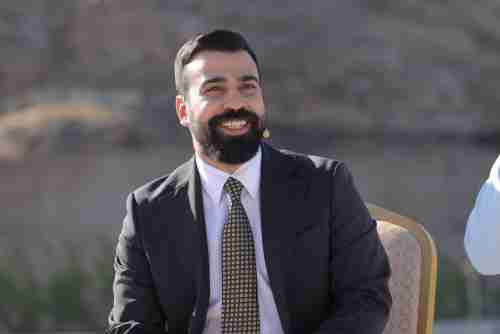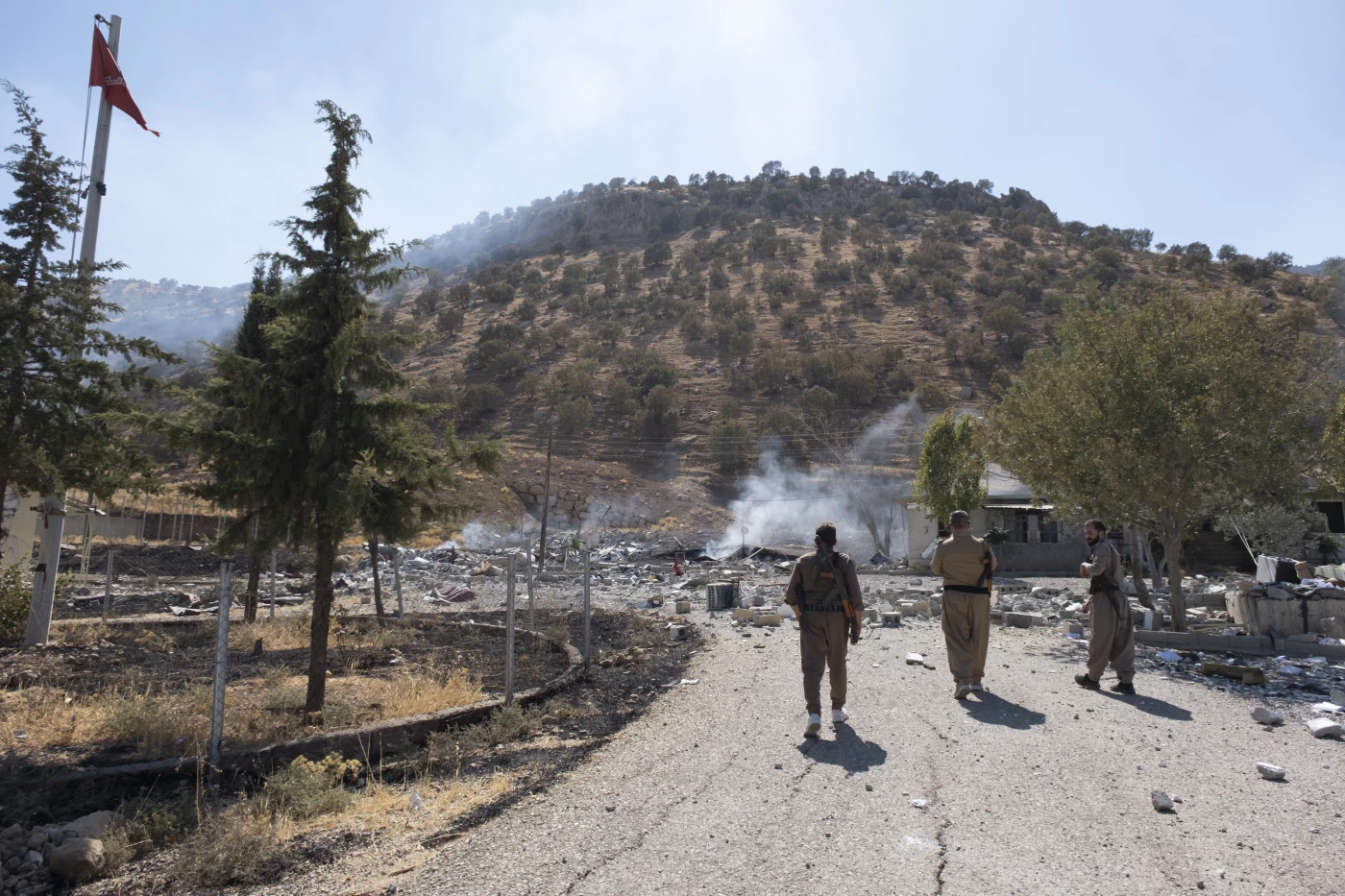ERBIL, Kurdistan Region of Iraq - The Iraqi National Security Council has banned all activities of Iranian opposition groups that have sought refuge in Iraq for years, documents obtained by The New Region reveal.
The documents from the Iraqi National Security Council, dated April 24, say that upon a letter from the Iraqi Prime Minister’s office, and based on insight presented by the National Security Council’s strategic affairs expert, the Iranian opposition groups inside Iraqi territory “violate the Iraqi constitution and laws.”
The council hence decided to “ban all political, military, economic, and social activities of all Iranian opposition parties and movements present on Iraqi territory.”
This comes as Iranian-Kurdish opposition groups based in Sulaimani on Friday told The New Region that they were being forced out of their bases.
“Sulaimani Asayish (Internal Security Forces) have formally given us a notice that the groups must leave their bases in Zirgwez, Banagawra, and Zirgwezala within ten days,” Amjad Hossein Panahi, a high-ranking member of the Iranian-Kurdish dissident Komala Party, told The New Region.
The groups in those areas have been told to move to Surdash, another area designated by local authorities to serve as camps for the groups.
“They said if we don’t move, they will move us out by force,” Panahi said.
The steps taken by Sulaimani authorities come as part of a security agreement between Iraq and Iran.
“The steps are a continuation of implementing the security agreement between Baghdad and Tehran,” Kurdistan Region’s Asayish spokesperson Salam Abdulkhaliq told The New Region.
He added that the groups had a deadline to leave their bases and move into the camps by May 1, but since many of them have families with them, the deadline has been extended.
Iraq and Iran signed a security agreement in 2023 to address Tehran’s concerns over exiled Iranian-Kurdish armed groups that have sought refuge in Iraqi and Kurdistan Region territories for decades. In September 2023, Iraq announced it has completed the disarmament of the group and moved their members away from the borders.
Iran has repeatedly stated that there are still some elements of the agreement that need to be fulfilled but noted that both Baghdad and Erbil have been very cooperative in its implementation.
Fulfilling its obligations per the pact, the Iraqi National Security Service announced in September that they had shut down 77 military bases of the Kurdish exiled groups near Iran’s border areas, with their forces relocated to six refugee camps, including four camps in Erbil and two camps in Sulaimani.
However, despite Tehran’s public satisfaction with the way the agreement has been implemented, they still seek a complete removal of said groups.
Speaking to The New Region in February, a well-informed source said Iranian Deputy Foreign Minister for Political Affairs, Majid Takht-Ravanchi, who had then recently visited Iraq, conveyed messages to Iraqi political parties in both Baghdad and the Kurdistan Region.
These messages warned of the consequences of failing to fully adhere to the security agreement that limits the movements and activities of Iranian Kurdish opposition parties within the Kurdistan Region.
Tehran has reportedly detected “suspicious movements” by these groups in recent times.
The source added that Iran explicitly informed the Iraqi government that any failure to uphold the agreement and the resurgence of armed activities by these parties would push Tehran to resume military airstrikes against them, as they pose a threat to Iranian national security.
In response, the head of the media office of the Kurdistan Democratic Party of Iran (KDPI), Mohammed Nazif Ghaderi, at the time denied reports of Iranian threats against Iraq.
Speaking to The New Region, Ghaderi said, “The claims of Iranian threats against Iraq due to the presence of Iranian opposition in the Kurdistan Region are merely repeated statements circulating on social media.”
Ghaderi further clarified that neither the Kurdistan Regional Government (KRG) nor the Iraqi government had received any official notification regarding such threats. He emphasized that Iran has no justification for launching an attack on them.



 Facebook
Facebook
 LinkedIn
LinkedIn
 Telegram
Telegram
 X
X


